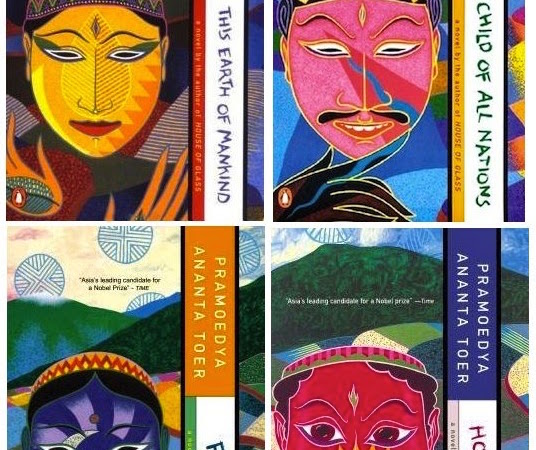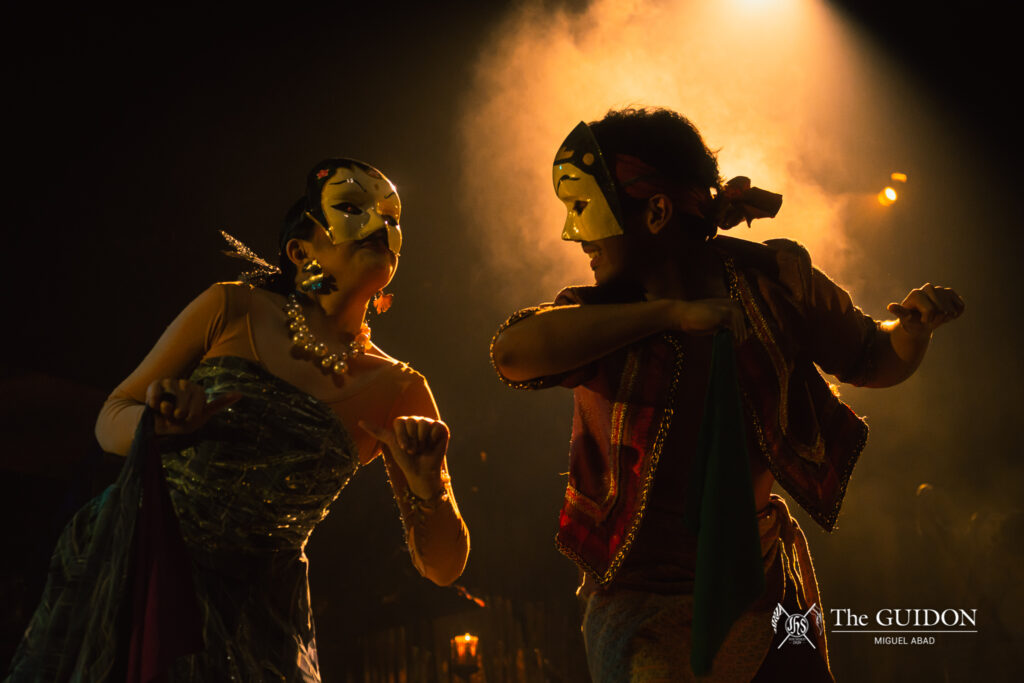Next up on the series, we asked Joseph Salazar, PhD from the Filipino Department to weigh in on a few books he believes should be added to every Atenean’s “to-read” list.
“These are all non-Western books and I think it is important for Ateneans to realize that there is a world of ideas out there and that literature should not be dominated only by the likes of Shakespeare and Harry Potter,” Salazar says.
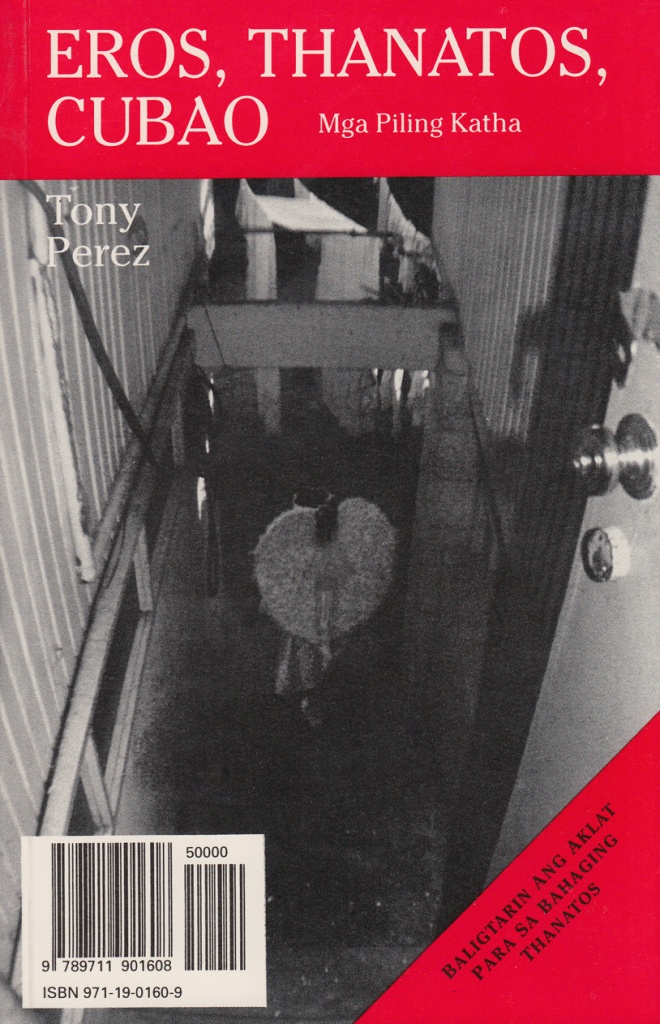
Cubao Series (Cubao 1980; Cubao Pagkagat ng Dilim; Eros, Thanatos, Cubao; Cubao Midnight Express; Cubao Kalaw, Kalaw-Cubao) by Tony Perez
Perez’s Cubao Series is a collection of short stories, poems, and plays that center on life and social constructions within and around the city. Combined with mythological tradition, the series is said to be an eerie read whilst giving the reader Perez’s perception on the concept of the spaces we occupy.
“I remember a lot of Ateneans sharing these books with one another, allowing them to identify with the concerns of the commuting and aswang-believing Manileño, letting them see others’ travails as no different from their own. In my senior year, I attended a national conference with a few other Ateneans and was surprised to see them engaging students from other universities about these books and not basketball!”
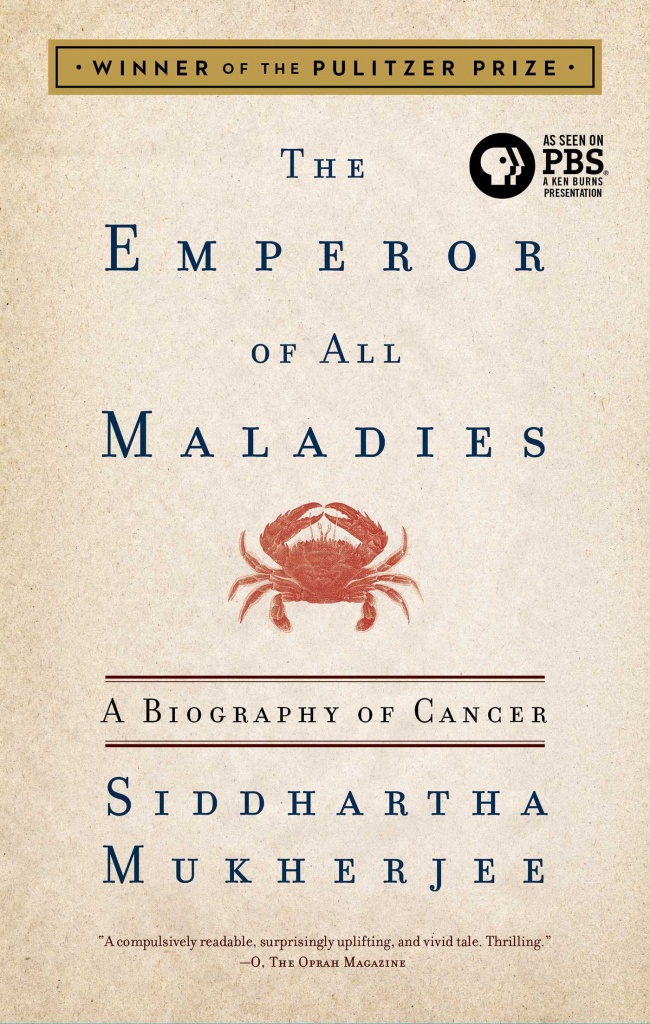
The Emperor of All Maladies: A Biography of Cancer by Siddhartha Mukherjee
In The Emperor of All Maladies, the novel’s main protagonist is neither man nor woman—but cancer, the sickness. By tracing the history of the disease from its first appearance in 440 BC up to present day, the novel presents historical and scientific information in the same manner as your typical-suspense thriller.
“It will be a good read for Ateneans since it will reorient them into more pragmatic forms of knowledge production, while challenging the primacy of scientific knoweldge in our day-to-day lives.”
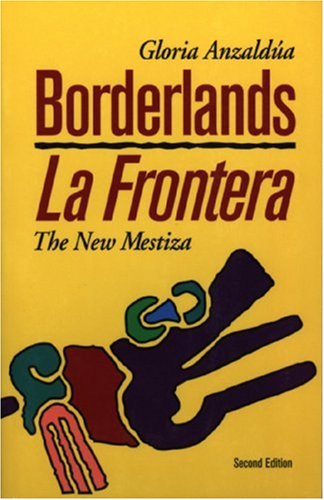
Borderlands/La Frontera: The New Mestiza by Gloria Anzaldúa
Anzaldúa’s autobiographical work examines not only what it’s like to be a Latina woman in America, but also numerous other “labels” including being a homosexual, feminist, third class American citizen, and other “invisible borders” which she has encountered throughout her lifetime.
“I feel every Atenean comfortable with the labels provided for by a privileged life should read this book if only to gain awareness about how fleeting these labels that we are made to internalize can be, and how these have been used to give us a false sense of consciousness.”
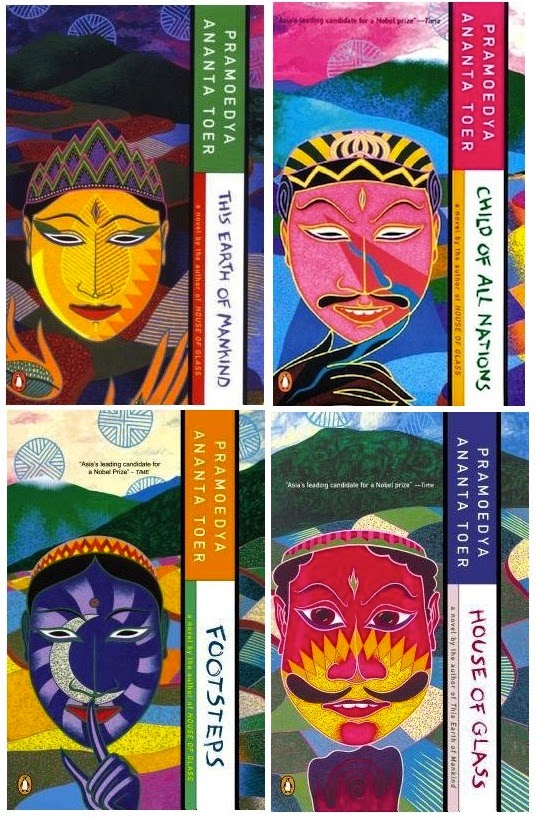 Buru Quartet (This Earth of Mankind, Child of All Nations, Footsteps and House of Glass) by Pramoedya Ananta Toer
Buru Quartet (This Earth of Mankind, Child of All Nations, Footsteps and House of Glass) by Pramoedya Ananta Toer
Set during the Dutch colonial rule in Indonesia, the Buru Quartet tells the story of Minke, a privileged Javanese boy who is sent to study at an elite Dutch Academy. Throughout the series, Minke becomes increasingly aware of the struggles of his fellow Indonesians and, ultimately, fights to oppose the Dutch rule. Sound familiar? “It is to Indonesia what Rizal’s Noli Me Tangere and El Filibusterismo is to the Philippines,” says Salazar.
“This would be a good read for any Atenean struggling to see the importance of liberation and freedom that are actually more rare than common in this world. The reflections about modern nations comes from a neighboring country whose perspectives may appear different but share so many parallelisms with us.”
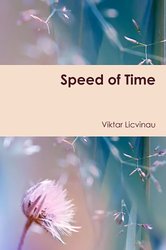 Speed of Time by Viktar Licvinau
Speed of Time by Viktar Licvinau
Written with a recurring theme of metaphysics and philosophy, Licvinau’s Speed of Time is a set of poems written in the English and Belarusian languages. That may leave readers quite baffled, proving to be one of the more challenging books you’ll ever encounter in your lifetime.
“Licvinau describes his own environment as something alien even to himself if only to transform it into a beautiful fusion of emotionally restrained words and scientific concepts that conceives of the world and life in a different manner.”


